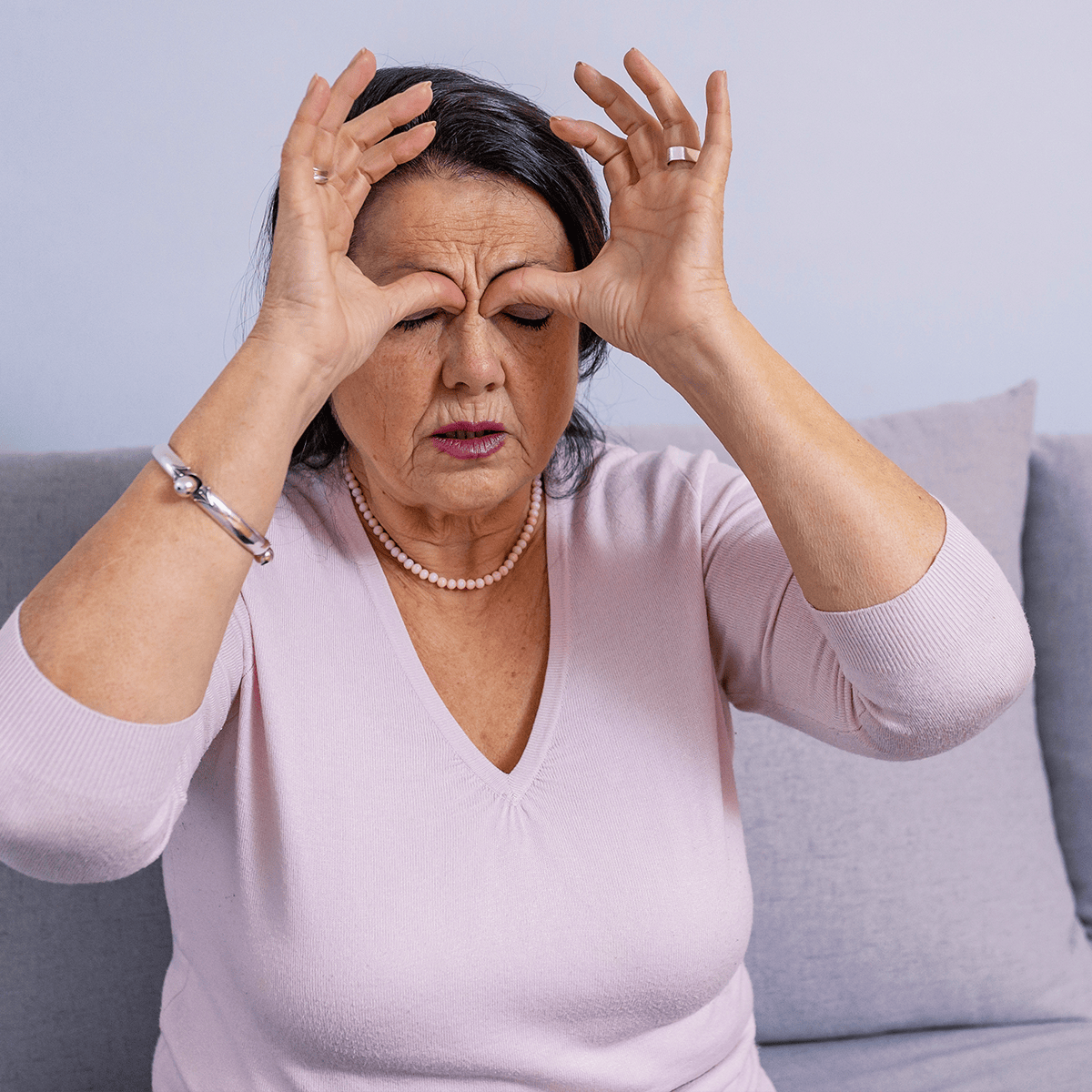6 Myths About Hearing Loss

Hearing loss is often relegated as some aged affliction that might harken notions of hearing horns and mutterings of, “Eh? What did you say, sonny?”
Oh, how times have changed…and for the better!
Actually, hearing loss detection, treatment and management has come a long way. Today, individuals with hearing loss have more treatment options available to them and superior technology that makes management comfortable and nearly indetectable. Even so, many of those long-standing myths and misunderstandings still persist.
Are there common misconceptions about hearing loss? You bet—here are the top six.
The sooner you understand them, the better off you’ll be in managing your hearing health or the health of someone you care for:
- Myth #1: Hearing loss only affects old people. You might be surprised to know that about 40 percent of hearing loss diagnoses affect individuals who are below the age of 60. While it’s true that hearing loss is often caused by the degenerative nature of aging, many cases are caused by occupational and environmental situations. Wondering how to tell if you’re affected? Read up on the common signs of hearing loss here.
- Myth #2: Hearing loss is caused by damage from loud noises. Well, you should protect your ears from loud sounds (especially at work!) but it’s not the only cause. Did you know that many cases can be the result of poor diet, diabetes, smoking, medication side effects, and even genetics.1 All of these contributing conditions can affect the tiny hairs inside your ears which send sound signals to your brain.
- Myth #3: If I have hearing loss, my yearly physical exam will catch it. Actually, while routine physical exams are important and encouraged, it’s rare that your general physician will detect degeneration of your hearing. Just as you wouldn’t expect your doctor to detect cavities in your teeth, so you also shouldn’t expect to get well-rounded hearing assessment during such a visit. Make it a point to specifically seek out a hearing specialist for regular hearing tests.
- Myth #4: Hearing aids are big, bulky and embarrassing. Not so. Actually, hearing aid technology has benefited from micro-technology, making them tiny yet incredibly effective. If they are detected by others, they’ll likely think you’re an undercover spy with a high-tech communication link (OK, maybe not, but it’s fun to imagine). Learn more hearing aids and how they can easily fit into your everyday life.
- Myth #5: My hearing loss only affects me; it doesn’t cause troubles for others. Well, no. If your hearing is declining, you might find difficulty communicating with others (and them with you). Others will have to repeat what they say to you, they might need to take extra effort to ensure you understand whatever they might be trying to explain to you, and they may become visibly frustrated with you (and you with them). Most important, you could put yourself into the path of danger around others if you’re unable to hear cues of unexpected occurrences around you.
- Myth #6: So, my hearing isn’t as good as it used to be; that doesn’t affect my health. WRONG! Perhaps the most important myth to understand is that untreated hearing loss could be linked to the onset of dementia, not to mention conditions of isolation and depression. When your hearing becomes impaired, your cognitive function becomes stressed and may even become weakened. This can invite a whole host of negative results that can easily be avoided if you take an active role in monitoring and managing your hearing health.
Take reassurance that hearing loss detection and treatment has evolved at an amazing rate in recent years. That’s good news because what once went undetected years ago can now be diagnosed and treated before significant impact occurs.
Take an active role in your hearing health (or for those you care for) and break down the myths that have persisted. A little knowledge and some clear understanding of the facts will serve you well.




